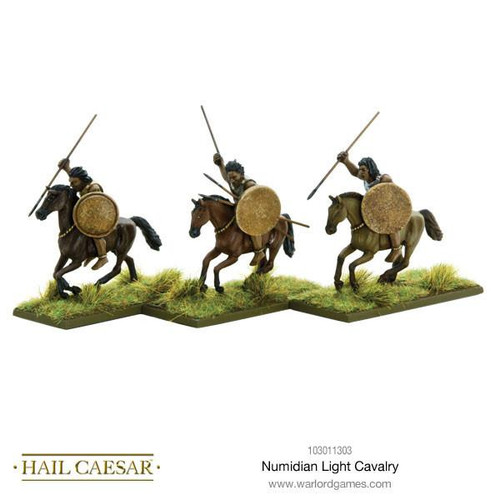



King Juba I of Numidia - 103011301
Warlord Games
MSRP:
$6.50
Now:
$5.53
(You save
$0.97
)
- SKU:
- 103011301
- UPC:
- 5060000000000
- OQ:
- 1
OQ 1
Recommended
-




King Charles I - WGP-CHA-01
MSRP: $8.00Now: $6.80

Numidian Skirmishers - 103011302
MSRP: $19.25Now: $16.36



Numidian Light Cavalry - 103011303
MSRP: $16.00Now: $13.60






